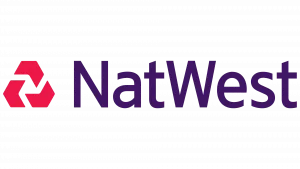What is Payments as a Service (PaaS)?
Payments as a Service (PaaS) is a cloud-based model that allows you to outsource your payment processing capabilities to a third-party service provider.
If your organization is struggling to keep up with the rapid pace of change in the payments space, if you’re looking for greater flexibility and scalability in your payments program, don’t have the expertise in-house, or if you’re simply trying to make efficiencies, you may benefit from a PaaS model.
By outsourcing your payment functions, you’ll benefit from a robust payments server that is continuously maintained and optimized to meet your requirements, without putting stress on your organization.

$13.8 billion
Value of the PaaS global market in 2022.
15 – 21%
Anticipated annual growth rate from 2023 to 2031.
$50.5 billion
Anticipated market value of PaaS by 2031.
How it works
Cloud-based infrastructure
PaaS platforms are hosted on the cloud, allowing you to integrate your payment programme without costly installations or the need for on-premises server storage.
Security and compliance
Switching to a PaaS provider allows you to outsource your security and regulatory requirements. PaaS providers can easily open doors to new regulatory markets.
Unlimited scalability
If you’re struggling to keep up with the rate of change in the payments world, switching to a PaaS platform can take the pressure off. Your provider will help you scale to meet your transaction quotas.
The benefits of PaaS
At a time of seismic change in the payments world, you may be struggling to meet the pace of new regulatory and compliance requirements (ISO 20022 and SEPA).
But by switching to a managed third-party platform, you could reduce the risks associated with managing a multple custom payment projects. PaaS allows you to:
- Reduce complexity by outsourcing much of your regulatory requirements to a dedicated third-party supplier
- Lower costs by foregoing costly builds in-house and utilising an established, cloud-based platform
- Get to market fast with the latest technology and infrastructure
- Focus on your core business while your supplier handles your payments infrastructure

Global payments experts
Why choose RedCompass Labs?
We’ve helped some of the biggest banks on the planet embrace the future of payments.
22+
years in payments modernization
24
countries
200+
years combined banking experience
300+
successful projects
What our clients say









